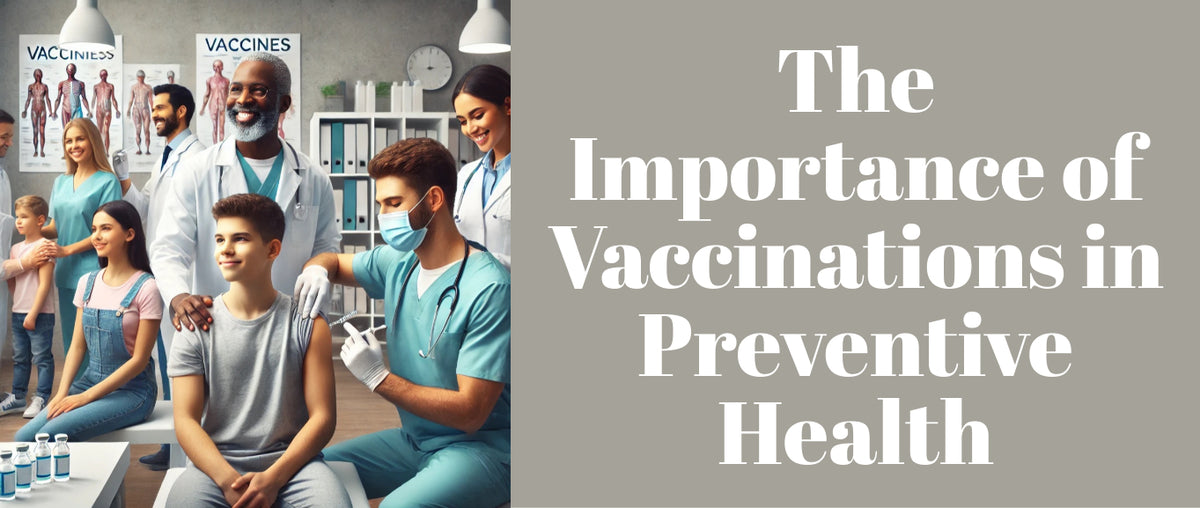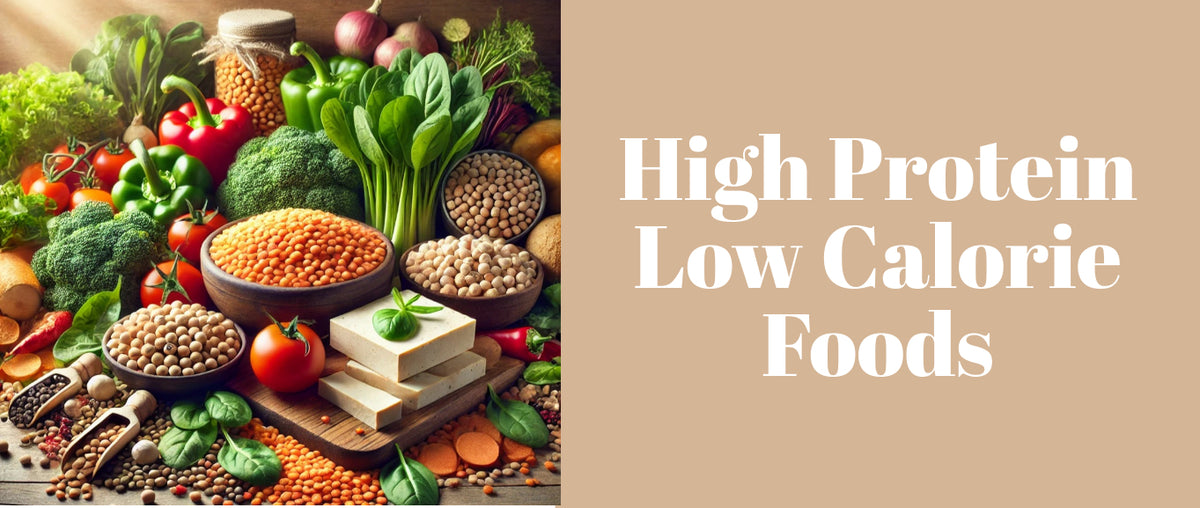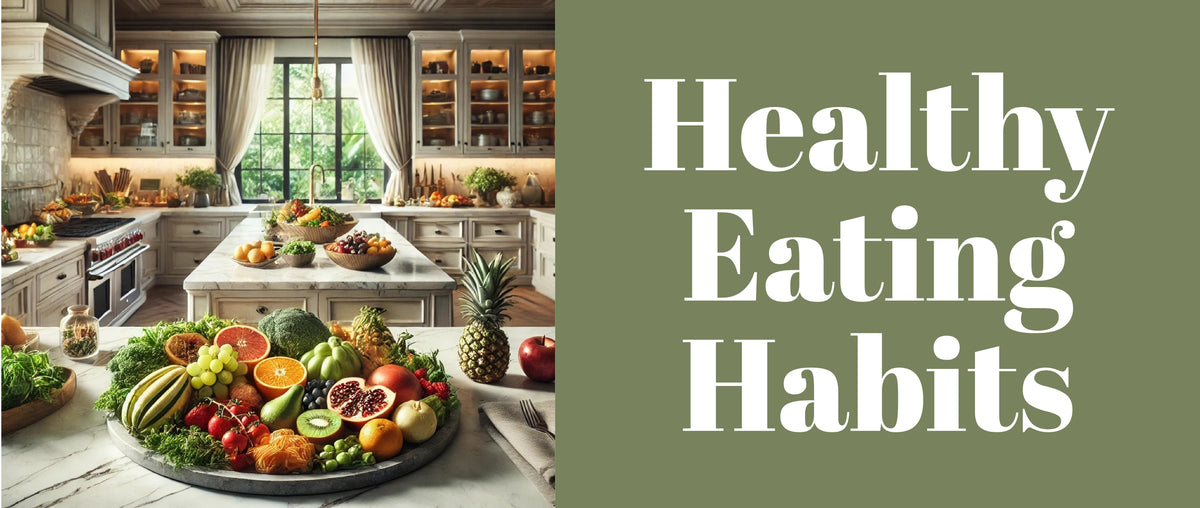The Importance of Vaccinations in Preventive Health
Vaccinations have played a crucial role in preventive health, saving millions of lives worldwide by protecting against various infectious diseases. These plant based foods have been instrumental in reducing the incidence of deadly diseases, ensuring that individuals and communities remain healthy. Understanding the science behind vaccinations and their benefits is essential for promoting a healthy diet and enhancing public health outcomes. In this article, we will explore the importance of vaccinations, debunk common myths, and highlight their role in maintaining a heart healthy diet and supporting a Vegan Bodybuilding Diet. Additionally, we will discuss how vaccines contribute to overall well-being, just like Kombucha and Healthy Drinks, which are essential components of a balanced lifestyle.
Key Takeaways
- Vaccinations are vital for preventing the spread of infectious diseases and are an integral part of cholesterol free foods.
- They provide personal health protection and contribute to community immunity.
- Vaccines have a significant impact on public health, similar to the benefits of incorporating Vegan Cheese and Cashew Butter into a healthy eating plan.
- Understanding and addressing vaccine myths is crucial for improving vaccination rates.
- Timely vaccinations are essential for maintaining a high protein vegan diet and a High Protein Vegan Breakfast.
- COVID-19 highlighted the critical role of vaccines in managing pandemics and promoting a plant based protein lifestyle.
- parmesan cheese and Cheddar Cheese may not boost immunity, but vaccines do protect against diseases.
The Science Behind Vaccinations
Vaccinations work by stimulating the immune system to recognize and combat pathogens, such as viruses and bacteria, without causing the disease itself. This process involves introducing a weakened or inactive form of the pathogen, known as an antigen, into the body. The immune system responds by producing antibodies, which are proteins that specifically target and neutralize the antigen. Once the immune system has encountered a pathogen through vaccination, it remembers it, allowing for a rapid and effective response if exposed to the actual disease in the future.
Types of Vaccines
There are several types of vaccines, each designed to trigger an immune response in a different way:
1. Live Attenuated Vaccines: These vaccines use a weakened form of the virus or bacteria. They mimic natural infections and provide strong, long-lasting immunity. Examples include the measles, mumps, and rubella (MMR) vaccine. Incorporating Unsalted Butter and Garlic Butter into a balanced diet is essential, but maintaining vaccination schedules is even more crucial for long-term health.
2. Inactivated Vaccines: These vaccines contain killed pathogens that cannot cause disease. They often require multiple doses to build immunity. The influenza and polio vaccines are examples. Just like vegan butter and low-fat mayonnaise offer alternatives for Healthy Snacks for Kids, inactivated vaccines provide safe options for those with weakened immune systems.
3. Subunit, Recombinant, Polysaccharide, and Conjugate Vaccines: These vaccines use specific pieces of the pathogen, such as proteins or sugars, to trigger an immune response. Examples include the HPV and hepatitis B vaccines. Just as Oat Milk and high protein snacks are essential for a healthy eating routine, these vaccines provide targeted protection.
4. mRNA Vaccines: A newer approach, mRNA vaccines, such as the COVID-19 vaccines, use messenger RNA to instruct cells to produce a protein that triggers an immune response. Similar to how plant based foods offer innovative solutions for a Vegan Bodybuilding Diet, mRNA vaccines represent a groundbreaking advancement in vaccine technology.

Historical Impact and Benefits of Vaccinations
Historical Impact of Vaccinations
The history of vaccinations is a testament to their power in controlling and eradicating diseases. One of the most significant achievements in public health is the eradication of smallpox, a disease that claimed millions of lives. The smallpox vaccine, developed in the late 18th century, led to the global eradication of the disease in 1980, demonstrating the effectiveness of vaccination programs.
Success Stories of Vaccination
- Polio Eradication: Polio, once a widespread and crippling disease, has been nearly eradicated worldwide due to vaccination efforts. In 1988, there were 350,000 cases globally, but in 2020, only 140 cases were reported. This achievement highlights the importance of vaccines in preventing disabilities and saving lives, akin to the impact of high protein vegan food on a balanced lifestyle.
- Measles Control: Measles vaccinations have prevented an estimated 23.2 million deaths between 2000 and 2018. The widespread use of the measles vaccine has led to a 73% reduction in measles cases globally. Just as vegan cheese and cashew butter offer delicious alternatives to traditional dairy products, measles vaccines provide a critical defense against a highly contagious virus.
- Hib Disease Reduction: Haemophilus influenzae type b (Hib) vaccines have dramatically reduced the incidence of invasive Hib disease, such as meningitis and pneumonia, in children. Before the vaccine's introduction, Hib was a leading cause of bacterial meningitis in children under five years old. Now, thanks to vaccination, Hib-related illnesses are rare. Similarly, incorporating cholesterol-free foods into your diet can significantly improve heart health and prevent chronic diseases.
Statistical Data on Vaccine-Preventable Diseases
| Disease | Pre-Vaccine Cases (Annual) | Post-Vaccine Cases (Annual) | Reduction (%) |
|---|---|---|---|
| Smallpox | 50 million | 0 | 100% |
| Polio | 350,000 | 140 | 99.96% |
| Measles | 7.5 million | 229,000 | 96.9% |
| Rubella | 670,000 | 12,000 | 98.2% |
| Hib Disease | 20,000 | 1,000 | 95% |
Benefits of Vaccination
Vaccinations offer numerous benefits that extend beyond individual protection. They are a cornerstone of preventive health, much like maintaining a healthy diet that includes plant based foods and high protein vegan food. Here are some key benefits of vaccinations:
Personal Health Protection
- Disease Prevention: Vaccines protect individuals from various infectious diseases, reducing the risk of severe illness and complications. This is akin to the protection provided by a heart-healthy diet that includes foods like unsalted butter and low-fat mayonnaise.
- Long-term Immunity: Vaccines provide long-lasting immunity, safeguarding against diseases throughout life. Similar to how kombucha and healthy drinks contribute to long-term health benefits, vaccines offer enduring protection.
Community Immunity (Herd Immunity)
- Protecting Vulnerable Populations: Herd immunity occurs when a significant portion of the population is vaccinated, reducing the spread of disease. This protects those who cannot be vaccinated, such as infants and individuals with weakened immune systems. Just as vegan butter and cashew butter provide alternatives for those with dietary restrictions, herd immunity offers protection for vulnerable groups.
- Preventing Outbreaks: Widespread vaccination prevents disease outbreaks, reducing the burden on healthcare systems and protecting communities. This is similar to how high protein snacks and high protein vegan breakfast options support overall well-being by preventing nutritional deficiencies.
Economic Benefits
- Cost Savings: Vaccinations reduce healthcare costs by preventing diseases that require costly treatments and hospitalizations. This is comparable to the economic benefits of choosing cholesterol-free foods and low-fat mayonnaise to prevent chronic illnesses.
- Increased Productivity: By preventing illnesses, vaccinations contribute to a healthier workforce, reducing absenteeism and increasing productivity. Similarly, incorporating high protein vegan food and Oat Milk into your diet can boost energy levels and productivity.
Global Health Impact
- Eradication of Diseases: Vaccines have eradicated diseases like smallpox and significantly reduced the prevalence of others, such as polio and measles. This achievement is similar to the global shift towards plant based foods and healthy eating to combat lifestyle diseases.
- Improved Quality of Life: Vaccinations improve the quality of life by preventing disease-related disabilities and deaths. Just as healthy snacks for kids and parmesan cheese can enhance a child's growth and development, vaccines ensure a healthier future for the next generation.
Addressing Vaccine Hesitancy
Vaccine hesitancy, often fueled by myths and misinformation, poses a significant challenge to public health. Addressing this issue requires a multi-faceted approach, much like encouraging the consumption of plant based foods and healthy snacks for kids to promote a balanced lifestyle.
- Education and Awareness: Providing accurate information about vaccines and their benefits is crucial. Just as understanding the nutritional benefits of vegan cheese and parmesan cheese can influence dietary choices, educating the public about vaccines can improve acceptance.
- Community Engagement: Engaging with communities to address concerns and provide reassurance about vaccine safety can help build trust. This is similar to how promoting cholesterol-free foods and Oat Milk can encourage healthier dietary habits.
- Healthcare Provider Support: Healthcare providers play a key role in addressing vaccine hesitancy by offering personalized advice and answering questions. This is akin to consulting nutritionists about healthy eating and plant based protein options.
Vaccination Schedules
Vaccination schedules are carefully designed to ensure maximum protection against infectious diseases at various stages of life. They are as essential to public health as maintaining a balanced healthy diet that includes cholesterol-free foods and high-protein snacks. Adhering to recommended vaccination schedules is crucial for preventing disease outbreaks and ensuring long-term health.
Recommended Immunization Schedules
Vaccination schedules vary based on age, health status, and geographic location. Here are some key vaccination recommendations for different groups:
1. Infants and Children:
- Hepatitis B: Administered at birth, with subsequent doses at 1–2 months and 6–18 months.
- Diphtheria, Tetanus, and Pertussis (DTaP): A series of five doses given at 2, 4, 6, 15–18 months, and 4–6 years.
- Measles, Mumps, and Rubella (MMR): First dose at 12–15 months, second dose at 4–6 years.
- Varicella (Chickenpox): First dose at 12–15 months, second dose at 4–6 years.
These vaccines are as essential for children's health as incorporating healthy snacks for kids like Oat Milk and cashew butter into their diets.
2. Adolescents:
- Human Papillomavirus (HPV): Two doses for adolescents starting at 11–12 years, or three doses if started after age 15.
- Meningococcal Conjugate: First dose at 11–12 years, with a booster at 16 years.
Just as adolescents benefit from high protein vegan breakfast options for growth and development, they require timely vaccinations to protect against certain diseases.
3. Adults:
- Influenza: Annual vaccination for all adults, especially those with underlying health conditions.
- Tdap (Tetanus, Diphtheria, and Pertussis): Once every ten years, with a booster during each pregnancy.
Vaccinations for adults are vital for maintaining overall health, much like incorporating vegan cheese and kombucha into their diet.
4. Older Adults:
- Shingles (Herpes Zoster): Recommended for adults aged 50 and older.
- Pneumococcal Vaccines: For adults aged 65 and older, protecting against pneumonia.
For older adults, vaccines offer protection similar to a heart-healthy diet that includes unsalted butter and plant based protein.
Importance of Timely Vaccinations
- Preventing Disease Resurgence: Timely vaccinations prevent the resurgence of diseases that were once under control. Similar to the need for a consistent healthy eating routine, adhering to vaccination schedules ensures ongoing protection.
- Reducing Healthcare Burden: Vaccinations reduce the burden on healthcare systems by preventing disease outbreaks and hospitalizations. This is comparable to how choosing low-fat mayonnaise and garlic butter can reduce health risks.
- Ensuring Community Immunity: Following vaccination schedules contributes to herd immunity, protecting those who cannot be vaccinated. Just as parmesan cheese and Cheddar Cheese add flavor to meals, vaccines enhance public health.
Special Focus: COVID-19 and Vaccinations
The COVID-19 pandemic highlighted the critical role of vaccinations in managing global health crises. Just as incorporating high protein vegan food into your diet supports a robust immune system, COVID-19 vaccines have been pivotal in controlling the spread of the virus and reducing severe illness.
Impact of COVID-19 on Global Vaccination Efforts
- Rapid Vaccine Development: The development of COVID-19 vaccines, such as mRNA vaccines, was unprecedented in speed and efficacy. This innovation is similar to the rise of vegan butter and other plant based foods as alternatives to traditional options.
- Global Vaccination Campaigns: Worldwide efforts to vaccinate populations have saved countless lives and are comparable to initiatives promoting heart-healthy diets and cholesterol-free foods to combat lifestyle diseases.
- Challenges and Lessons Learned: The pandemic exposed challenges such as vaccine distribution, misinformation, and hesitancy. Addressing these challenges requires strategies similar to those used in promoting kombucha and healthy drinks for overall well-being.
The Role of Vaccines in Controlling the Pandemic
- Reducing Transmission: COVID-19 vaccines have been effective in reducing virus transmission, much like how high protein snacks help maintain energy levels and reduce fatigue.
- Preventing Severe Illness: Vaccines significantly reduce the risk of severe illness and hospitalization. This protection is akin to the benefits of incorporating Oat Milk and cashew butter into a balanced diet.
- Supporting Economic Recovery: Vaccination enables economies to recover by allowing businesses to operate safely. Just as a Vegan Bodybuilding Diet supports physical health, vaccines support societal resilience.
Addressing Vaccine Hesitancy During the Pandemic
Vaccine hesitancy has been a major challenge during the COVID-19 pandemic. Overcoming hesitancy is crucial for achieving high vaccination rates and controlling the virus, similar to encouraging the consumption of plant based protein for a balanced diet.
- Building Trust: Transparency about vaccine safety and efficacy is essential for building public trust. This approach is similar to promoting healthy snacks for kids and healthy eating habits.
- Engaging Communities: Collaborating with community leaders and influencers can help address concerns and improve vaccine uptake. This strategy mirrors efforts to promote vegan cheese and parmesan cheese as part of a high protein vegan breakfast.
- Providing Access and Education: Ensuring easy access to vaccines and providing education on their benefits are key to overcoming hesitancy. This is similar to educating the public about the benefits of unsalted butter and low-fat mayonnaise for heart health.
Conclusion
Vaccinations are a vital component of preventive health, providing protection against infectious diseases and supporting overall well-being. Just as a healthy diet that includes high protein vegan food and plant based foods is essential for maintaining health, vaccines play a crucial role in safeguarding public health. By adhering to recommended vaccination schedules and addressing vaccine hesitancy, we can ensure a healthier future for all.
Do you enjoy vegan food? We have a list of vegan restaurants in India to help you find delicious options in your area!










